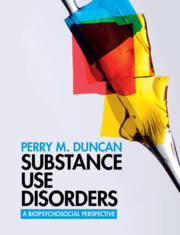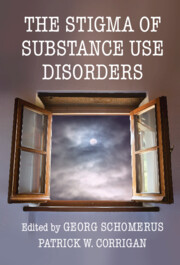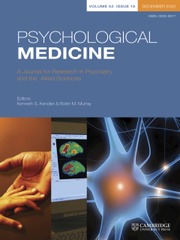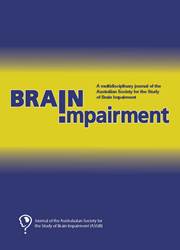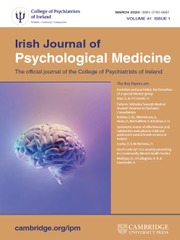Substance Use Disorders
This textbook surveys the current knowledge on substance use disorders (SUD), summarizing scientific evidence from numerous fields. It uses a biopsychosocial framework to integrate the many factors that contribute to addictions, from genetic predispositions, neurological responses caused by drugs, co-occurring psychiatric disorders, personality traits, and developmental conditions to cultural influences. Real-life vignettes and first-person accounts build understanding of the lived experience of addiction. The currently accepted practices for diagnosis and treatment are presented, including the role of 12-step programmes and other mutual-assistance groups. The text also investigates the research methods that form the foundation of evidence-based knowledge. The main body text is augmented by study guideposts such as learning objectives, review exercises, highlighted key terms, and chapter summaries, which enable more efficient comprehension and retention of the book's material.
- Lays out the history and current status of disease theory, including its benefits, supporting evidence, and limitations
- Looks into the nature and role of mutual-assistance groups, such as Alcoholics Anonymous, in promoting recovery from addiction
- Includes real-life examples that illustrate the essential features of substance use disorders
- Describes addiction as a behavioural disorder with disease-like characteristics and biopsychosocial origins
Reviews & endorsements
'This text presents a concise and comprehensive view of the biological and psychological contributors to the susceptibility, initiation, and maintenance of substance use disorders. The clearly defined learning objectives and review exercises, in every chapter, make this book a great teaching tool for advanced undergraduate or graduate courses focused on drug use.' Jermaine Jones, Associate Professor of Clinical Neurobiology in Psychiatry, Columbia University Irving Medical Center
'This is an accessible and well-informed text. It describes the biopsychosocial model and outlines the difficulties of research, problematic drug use, and treatment. The textbook presents informed discussions of both sides of every argument for all the key issues in substance use disorders. Readers will finish the book with genuine expertise.' Mitch Earleywine, Professor of Psychology, University at Albany, State University of New York
'This important, comprehensive book provides a modern and holistic view of ongoing public health challenges regarding substance use disorders. Biological, psychological, psychosocial, and structural factors shape substance use disorders. If we want to initiate change, we must address these domains.' Perry N. Halkitis, Dean and Professor of Biostatistics and Urban-Global Public Health, Rutgers School of Public Health
'Perry Duncan supplies a well-structured and comprehensive introduction to substance use disorder that provides a valuable grounding for students in the field. It contains vignettes that help illustrate each topic, and questions for students to answer that help structure their thinking.' Robert West, Professor of Health Psychology, University College London
Product details
November 2020Paperback
9781108819091
846 pages
244 × 190 × 30 mm
1.41kg
83 b/w illus. 14 tables
Available
Table of Contents
- List of figures
- List of tables
- List of boxes
- Preface
- Acknowledgements
- Organization of the book
- Part I. Identifying the Causes and Consequences of Disordered Substance Use
- 1.The biopsychosocial perspective and research methods for investigation of substance use disorders
- 2. Diagnosis of substance use disorders
- 3. The disease concept
- Part II. The Neuroscience of Substance Use Disorders
- 4. Psychopharmacology: drug effects on brain function
- 5. Brain function and substance use disorders
- Part III. Biopsychosocial Risk Factors
- 6. Genetic influence on substance use disorders
- 7. Behavioral, cognitive and social factors promoting SUD
- 8. Psychiatric disorders, personality and developmental factors
- Part IV. Use Disorders with Specific Drugs
- 9. Alcohol: a dangerous drug
- 10. Alcohol use disorders
- 11. Tobacco use and nicotine addiction
- 12. Cannabis use disorders
- 13. Use disorders of cocaine and methamphetamine
- 14. Opioid use disorders
- 15. Tranquilizers and sedative use disorders
- Part V. Treatment of Substance Use Disorders
- 16. Treatment of substance use disorders
- References
- Index

